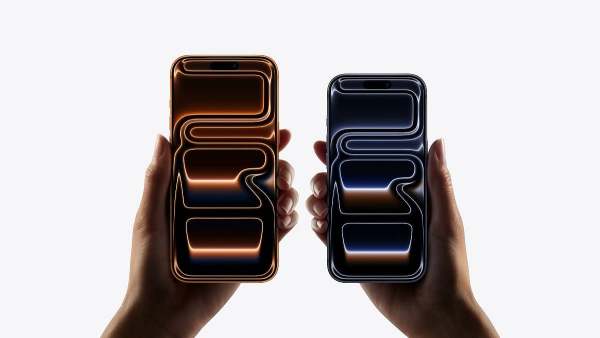
iOS 26.4 testers working on the update are already flagging performance issues with the upgraded voice assistant, raising fears that it could underwhelm users and exacerbate the company's ongoing AI struggles.
Apple is gearing up for the launch of iOS 26.4 in the spring of 2026. Internal concerns are mounting among engineers and senior executives about the readiness of the platform's flagship feature, a long-delayed revamp of Siri. Mark Gurman, in his latest Power On newsletter, reports that testers working on the update are already flagging performance issues with the upgraded voice assistant, raising fears that it could underwhelm users and exacerbate the company's ongoing AI struggles.
Gurman highlighted these red flags in his latest dispatch, writing, "I strongly believe there will be more senior members of the company's AI ranks hitting the exits soon, especially if the new Siri coming in the spring falls flat. Already, there are concerns from people testing iOS 26.4—the OS version slated to include the new Siri—about the voice assistant’s performance."
This comes amid a wave of high-profile departures from Apple's AI foundation models team, including AI Search Head Ke Yang, Foundations Models Head Ruoming Pang, and AI and Search Executive Robby Walker, many of whom have jumped ship to rivals like Meta's newly formed Superintelligence Labs.
Apple's AI-based Siri delays
The Siri overhaul was originally slated for iOS 18.4 last year but was unceremoniously postponed after failing Apple's rigorous internal quality benchmarks. Craig Federighi, Apple's Senior Vice President of Software Engineering, publicly acknowledged the setback earlier this year, expressing hope for a 2026 rollout. Now, with iOS 26.4 just months away, the pressure is intensifying. Apple is reportedly weighing two paths forward, an on-device version powered by its own proprietary models or a cloud-based iteration leveraging Google's Gemini via Private Cloud Compute. Gurman didn't specify which approach is drawing the most criticism, but the uncertainty underscores broader indecision at Cupertino over whether to double down on homegrown tech or partner with external providers like Anthropic or Google.
These worries are particularly acute given Apple's rocky two-year tango with AI adoption. While the company unveiled its "Apple Intelligence" suite at WWDC 2024—boasting promises of on-screen awareness, personal context understanding, and seamless cross-app actions—many features arrived late or incomplete with the iPhone 16 launch last fall. Siri, envisioned as a "hands-free" iPhone controller, has been relegated to leaning on OpenAI's ChatGPT for complex queries, leaving it playing catch-up to nimble AI startups and entrenched competitors.